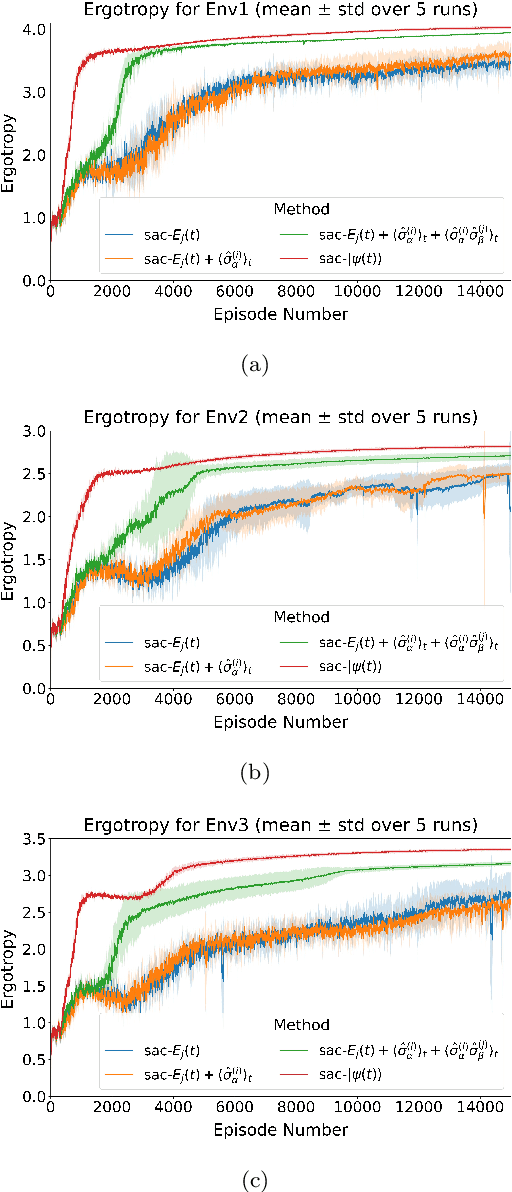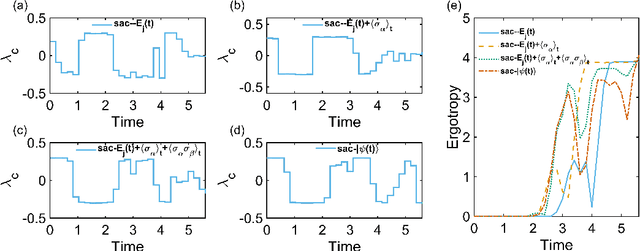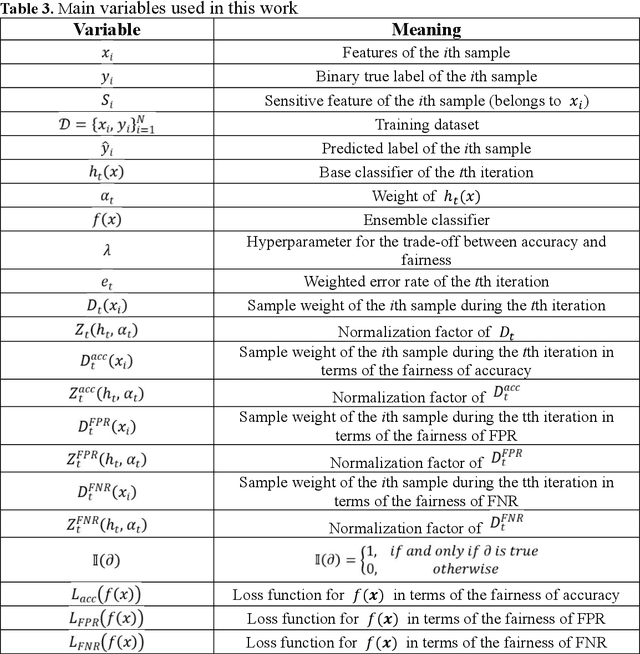Benben Jiang
BatteryAgent: Synergizing Physics-Informed Interpretation with LLM Reasoning for Intelligent Battery Fault Diagnosis
Dec 31, 2025Abstract:Fault diagnosis of lithium-ion batteries is critical for system safety. While existing deep learning methods exhibit superior detection accuracy, their "black-box" nature hinders interpretability. Furthermore, restricted by binary classification paradigms, they struggle to provide root cause analysis and maintenance recommendations. To address these limitations, this paper proposes BatteryAgent, a hierarchical framework that integrates physical knowledge features with the reasoning capabilities of Large Language Models (LLMs). The framework comprises three core modules: (1) A Physical Perception Layer that utilizes 10 mechanism-based features derived from electrochemical principles, balancing dimensionality reduction with physical fidelity; (2) A Detection and Attribution Layer that employs Gradient Boosting Decision Trees and SHAP to quantify feature contributions; and (3) A Reasoning and Diagnosis Layer that leverages an LLM as the agent core. This layer constructs a "numerical-semantic" bridge, combining SHAP attributions with a mechanism knowledge base to generate comprehensive reports containing fault types, root cause analysis, and maintenance suggestions. Experimental results demonstrate that BatteryAgent effectively corrects misclassifications on hard boundary samples, achieving an AUROC of 0.986, which significantly outperforms current state-of-the-art methods. Moreover, the framework extends traditional binary detection to multi-type interpretable diagnosis, offering a new paradigm shift from "passive detection" to "intelligent diagnosis" for battery safety management.
Reinforcement Learning for Charging Optimization of Inhomogeneous Dicke Quantum Batteries
Nov 15, 2025


Abstract:Charging optimization is a key challenge to the implementation of quantum batteries, particularly under inhomogeneity and partial observability. This paper employs reinforcement learning to optimize piecewise-constant charging policies for an inhomogeneous Dicke battery. We systematically compare policies across four observability regimes, from full-state access to experimentally accessible observables (energies of individual two-level systems (TLSs), first-order averages, and second-order correlations). Simulation results demonstrate that full observability yields near-optimal ergotropy with low variability, while under partial observability, access to only single-TLS energies or energies plus first-order averages lags behind the fully observed baseline. However, augmenting partial observations with second-order correlations recovers most of the gap, reaching 94%-98% of the full-state baseline. The learned schedules are nonmyopic, trading temporary plateaus or declines for superior terminal outcomes. These findings highlight a practical route to effective fast-charging protocols under realistic information constraints.
Adaptive Boosting with Fairness-aware Reweighting Technique for Fair Classification
Jan 06, 2024


Abstract:Machine learning methods based on AdaBoost have been widely applied to various classification problems across many mission-critical applications including healthcare, law and finance. However, there is a growing concern about the unfairness and discrimination of data-driven classification models, which is inevitable for classical algorithms including AdaBoost. In order to achieve fair classification, a novel fair AdaBoost (FAB) approach is proposed that is an interpretable fairness-improving variant of AdaBoost. We mainly investigate binary classification problems and focus on the fairness of three different indicators (i.e., accuracy, false positive rate and false negative rate). By utilizing a fairness-aware reweighting technique for base classifiers, the proposed FAB approach can achieve fair classification while maintaining the advantage of AdaBoost with negligible sacrifice of predictive performance. In addition, a hyperparameter is introduced in FAB to show preferences for the fairness-accuracy trade-off. An upper bound for the target loss function that quantifies error rate and unfairness is theoretically derived for FAB, which provides a strict theoretical support for the fairness-improving methods designed for AdaBoost. The effectiveness of the proposed method is demonstrated on three real-world datasets (i.e., Adult, COMPAS and HSLS) with respect to the three fairness indicators. The results are accordant with theoretic analyses, and show that (i) FAB significantly improves classification fairness at a small cost of accuracy compared with AdaBoost; and (ii) FAB outperforms state-of-the-art fair classification methods including equalized odds method, exponentiated gradient method, and disparate mistreatment method in terms of the fairness-accuracy trade-off.
Parallel Bayesian Optimization Using Satisficing Thompson Sampling for Time-Sensitive Black-Box Optimization
Oct 19, 2023Abstract:Bayesian optimization (BO) is widely used for black-box optimization problems, and have been shown to perform well in various real-world tasks. However, most of the existing BO methods aim to learn the optimal solution, which may become infeasible when the parameter space is extremely large or the problem is time-sensitive. In these contexts, switching to a satisficing solution that requires less information can result in better performance. In this work, we focus on time-sensitive black-box optimization problems and propose satisficing Thompson sampling-based parallel Bayesian optimization (STS-PBO) approaches, including synchronous and asynchronous versions. We shift the target from an optimal solution to a satisficing solution that is easier to learn. The rate-distortion theory is introduced to construct a loss function that balances the amount of information that needs to be learned with sub-optimality, and the Blahut-Arimoto algorithm is adopted to compute the target solution that reaches the minimum information rate under the distortion limit at each step. Both discounted and undiscounted Bayesian cumulative regret bounds are theoretically derived for the proposed STS-PBO approaches. The effectiveness of the proposed methods is demonstrated on a fast-charging design problem of Lithium-ion batteries. The results are accordant with theoretical analyses, and show that our STS-PBO methods outperform both sequential counterparts and parallel BO with traditional Thompson sampling in both synchronous and asynchronous settings.
 Add to Chrome
Add to Chrome Add to Firefox
Add to Firefox Add to Edge
Add to Edge